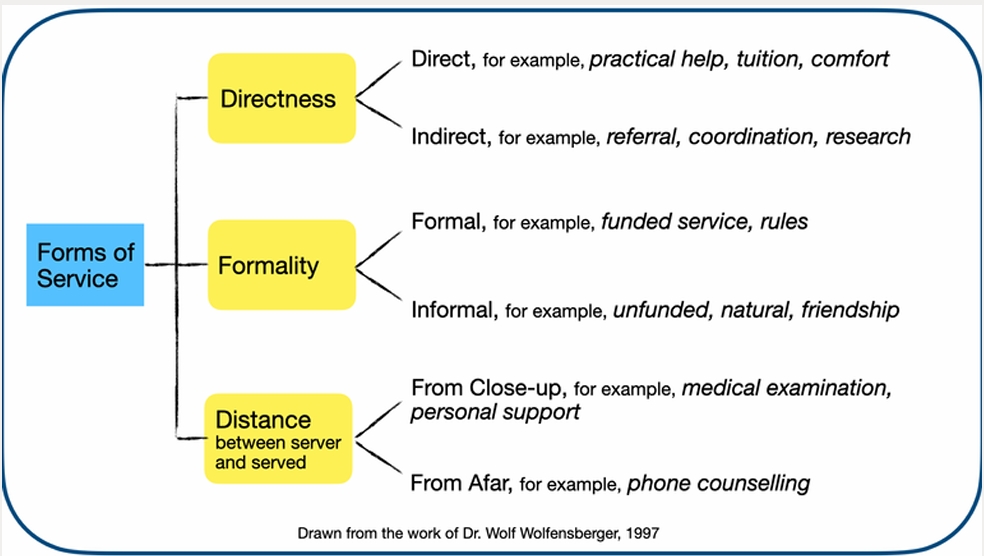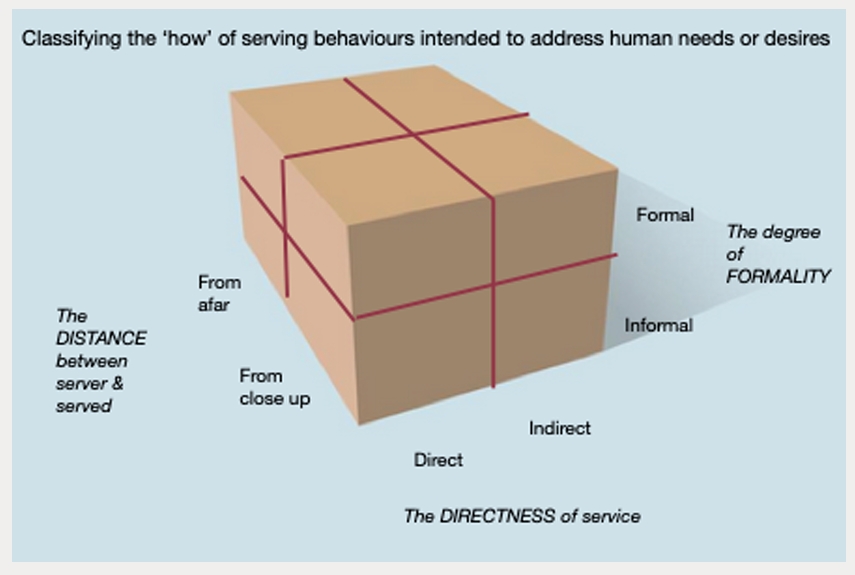Choosing the right providers for your disability supports is a crucial decision that can significantly impact your quality of life and the effectiveness of your support system. Here are some steps to help you make an informed choice:
- Assess Your Needs:
- Start by assessing your specific disability support needs. Consider your medical, physical, emotional, and social requirements. Make a list of the services and supports you require, such as personal care, therapy, transportation, housing, or vocational training.
- Understand Your Budget:
- Determine your budget and funding sources. Disability support services can be funded through government programs, private insurance, personal savings, or a combination of these. Knowing your budget constraints will help you narrow down your options.
- Research Providers:
- Research providers in your area. You can do this by:
- Asking for recommendations from friends, family, or support groups who have experience with disability support services.
- Checking online resources, government directories, or community organizations that list accredited or certified providers.
- Contacting your local disability services agency for recommendations and information.
- Research providers in your area. You can do this by:
- Check Provider Credentials:
- Verify that the providers you are considering have the necessary licenses, certifications, and qualifications to deliver the specific services you need. Ensure they adhere to industry standards and regulations.
- Evaluate Experience and Reputation:
- Look into the provider’s experience in serving individuals with disabilities. Read reviews and testimonials, and seek feedback from current or former clients to assess their reputation and track record.
- Compare Services:
- Contact multiple providers and ask for detailed information about their services, including the range of supports they offer, hours of operation, staff qualifications, and any specializations or areas of expertise.
- Visit Facilities:
- If applicable, schedule visits to the facilities where services are provided. This will allow you to assess the cleanliness, accessibility, and overall environment.
- Ask About Individualized Plans:
- Inquire about the provider’s approach to developing individualized support plans tailored to your unique needs and goals. Ensure they prioritize your input in the planning process.
- Discuss Costs and Funding:
- Have a transparent discussion with each provider about their fee structure and how they handle billing and payment. Make sure you understand all costs associated with their services.
- Consider Compatibility:
- Assess the compatibility of the provider’s approach, values, and culture with your own. Effective communication and a good rapport with the provider and their staff are essential.
- Seek Legal and Advocacy Support:
- If necessary, consult with legal and advocacy organizations specializing in disability rights to ensure your rights are protected and that you are making informed decisions.
- Request References:
- Ask providers for references from clients who have similar needs or situations. Contact these references to gain insights into their experiences with the provider.
- Review Contracts:
- Carefully review any contracts or service agreements before signing. Make sure you understand the terms and conditions, including cancellation policies and dispute resolution processes.
- Trust Your Instincts:
- Trust your instincts and choose a provider with whom you feel comfortable and confident. Your intuition can be a valuable guide in this process.
Remember that choosing the right disability support providers may take time, and it’s essential to make an informed decision that aligns with your specific needs and goals. Don’t hesitate to seek guidance from disability support agencies or advocacy organizations to help you navigate the selection process.




